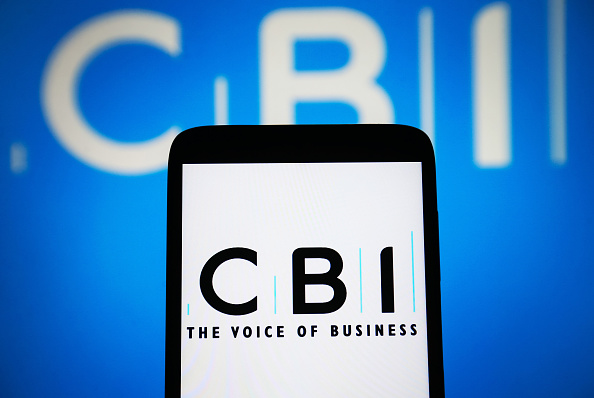
THE CONFEDERATION of British Industry (CBI) has announced an earlier than expected withdrawal from a significant diversity initiative, amid continued turmoil inside the group related to claims of sexual misconduct.
The Change the Race Ratio programme, which promotes the presence of racial and ethnic minorities on UK corporate boards and leadership teams, was spearheaded by the CBI, and several of its employees assisted in its administration.
This decision has caused a stir in the corporate world and prompted discussions among some of the most prominent corporate partners in the initiative.
Over 190,000 enterprises make up the organisation’s membership, which is its main source of income.
These might be direct members—companies with current memberships—or members of other trade associations. The cost of membership varies greatly, with top-tier companies paying up to £90,000 yearly.
According to the FT, which broke the news of the discussions, companies engaged in the talks include Aviva, Schroders, Sage, and two of the “big four” accountancy and consulting firms, EY and Deloitte.
It stands as the UK’s leading business lobbying organisation. A not-for-profit entity established in 1965, the CBI boasts an extensive network of policy specialists and claims unparalleled access to key government figures.
Despite the CBI’s early departure, the campaign is still going strong. It was always anticipated to develop into a whole distinct operation, according to the CBI’s statement on Monday (21).
The changeover is reportedly happening sooner than anticipated, while there is still some residual scepticism among British corporations about their future ties to the advocacy organisation.
Tony Danker, the director general of the CBI, resigned due to a number of claims regarding his personal behaviour. He later claimed that he had been used as the “fall guy” for more serious charges against the organisation.
In an effort to win back a wave of businesses that renounced membership in the aftermath of the scandal, the lobbying group has subsequently undertaken an overhaul of its culture and governance and wants to alter its name.